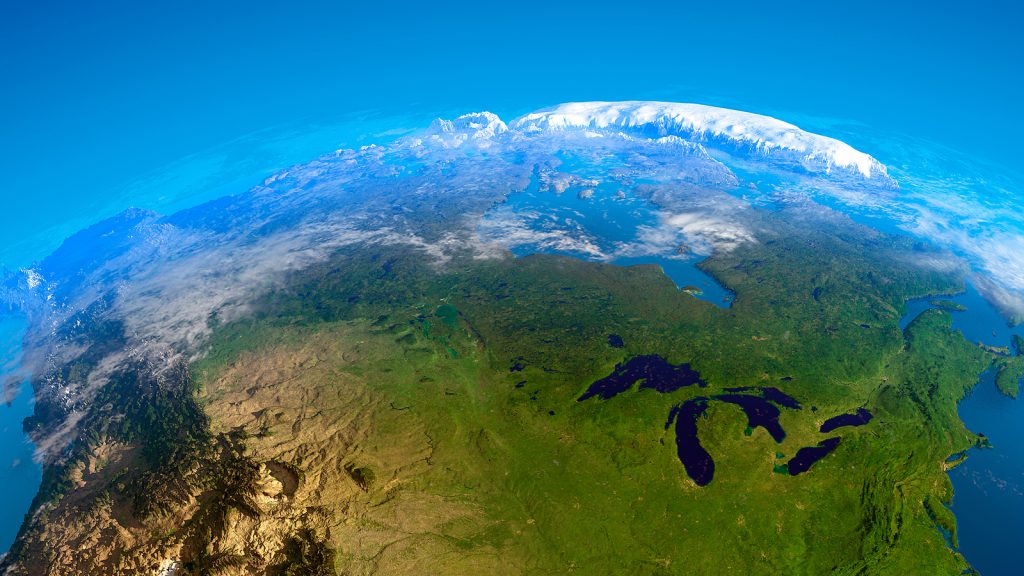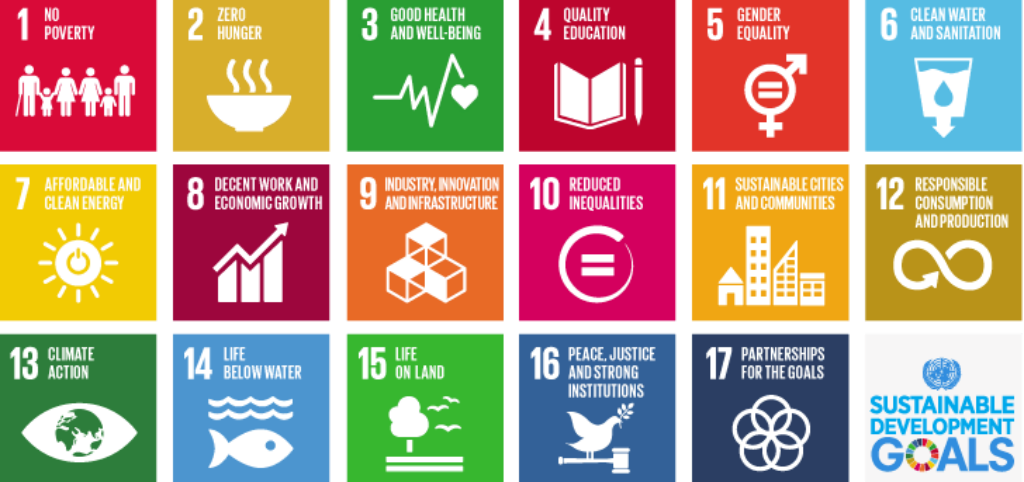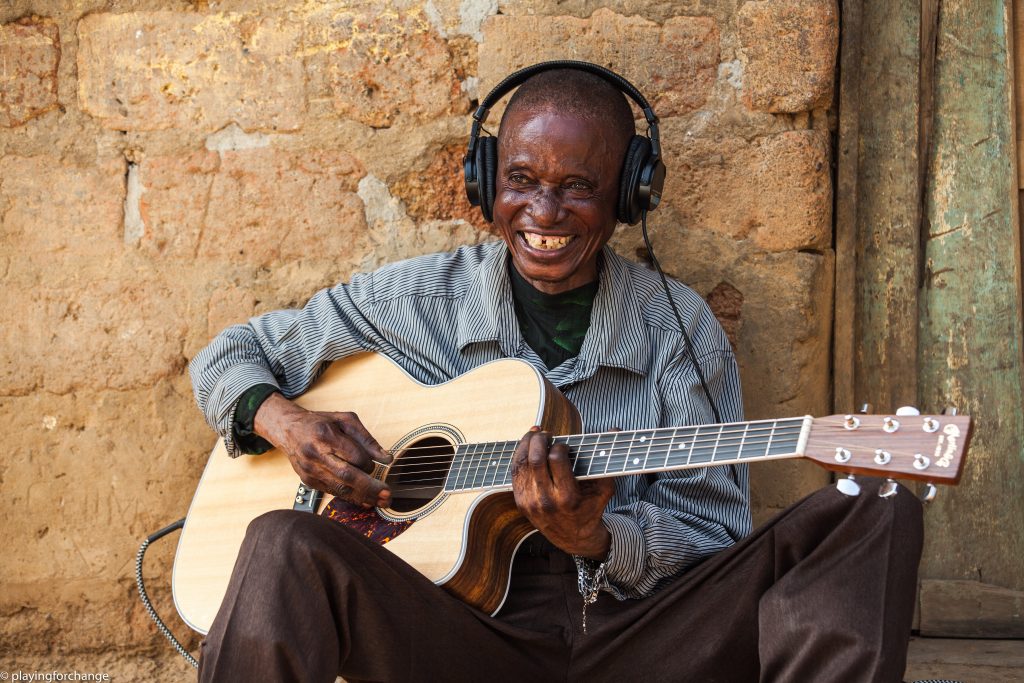What Is Global Education and Why Does It Matter?
Adapted from, Educating Students to Improve the World
Global education are both practices guided by a set of purposes and approaches intentionally created to provide opportunities for students to develop global competencies, and the theories that explain and inform those practices and their effects. Global competencies encompass the knowledge, skills, and dispositions that help students develop, understand, and function in communities which are increasingly interdependent with other communities around the world, and that provide a foundation for lifelong learning of what they need to participate, at high levels of functioning, in environments in continuous flux because of increasing global change.
A competence encompasses more than knowledge and skills “It involves the ability to meet complex demands, by drawing on and mobilizing psychosocial resources (including skills and attitudes) in a particular context. For example, the ability to communicate effectively is a competency that may draw on an individual’s knowledge of language, practical IT skills, and attitudes towards those with whom he or she is communicating” (OECD 2005, p. 4).
A quintessentially global topic is climate change. Global competency should enable people to understand climate change, to adapt to mitigate its impact, and hopefully to revert it. Climate Change Education, a subdomain of Education for Sustainable Development, is a modality of Global Education focused on preparing people to achieve more sustainable ways to relate to our habitat. It encompasses preparation to adopt practices that are known to be sustainable, for example slowing down population growth, consuming a diet with a smaller carbon footprint, or using renewable energies. These practices may be individual in the choices we make about our own consumption and lifestyle, or they may be collective, the result of choices we make as citizens when we participate in the democratic process in various levels of government or when we influence the behavior of corporations. Government policies are essential to slowing global warming, and they are subject to influence and preferences by citizens, educated to understand the scientific consensus on climate change and with the capacity to exercise influence as citizens.

But Climate Change Education encompasses also the development of the innovation skills necessary to slow down climate change, which requires advancing knowledge and inventing technologies that can help us transform our interactions with the environment, in a way reinvent our way of life. As a result, educating to mitigate climate change and for sustainability involves equipping people with the necessary skills for such advancement of knowledge and invention.
There are different intellectual traditions that influence how global education is defined and conceptualized. These perspectives draw on various intellectual traditions: globalism, nationalism, internationalism, transnationalism, cosmopolitanism, post-colonialism, and indigeneity. They are anchored in diverse core concepts: justice, equity, diversity, identity and belonging, and sustainable development. They include perspectives that accept the existing international social and economic order, along with others that are more critical (Davies et al. 2018).
Following a cosmopolitanist and critical perspective, in my own work developing global citizenship curriculum, I have adopted the United Nations Sustainable Development Goals as a guiding framework because they articulate a capacious vision of sustainability and because they tie global education as a theoretical field and practice to a set of concepts that are widely shared across many fields of human endeavor, including education, but extending also into public health, work and industry, poverty alleviation, environmental sustainability, poverty reduction.

These seventeen goals are deeply rooted in multiple disciplines focused on human and social development. The Sustainable Development Goals pose also a challenge to the very notions of development and social progress, emphasizing the interdependence of inclusion, social justice, peace and environmental sustainability (Reimers et al. 2016, 2017).
Global education encompasses the traditional disciplines in service of helping students understand the world in which they live: sciences, social sciences, and humanities. For example, to understand climate change it is necessary to understand the processes that explain how climate works, a subject of scientific study. A global education includes also opportunities for students to imagine and enact strategies to advance human well-being, which draws on the capacities of invention and ethical reasoning. This might include helping students to develop the curiosity to advance scientific understanding in a particular domain, or the desire to create products or services that advance well-being or solve problems, as with the previous example of reinventing toilets to address sanitation and advancing health.
Global education is not necessarily an additional curriculum domain, rather, it is a set of clear purposes which can help align the entire curriculum with real world questions, challenges, and opportunities. As such, global education is a way to help teachers as well as students understand the relationship between what is learned in school and the world outside the school. Global education encompasses also a series of approaches, pedagogies, curricula, and structures to support such instruction that is explicitly designed to help build the breadth of skills that can help students function in a deeply interdependent and increasingly globally integrated world. The Australian Curriculum Corporation defines it as follows:
Global education is defined as an approach to education which seeks to enable young people to participate in shaping a better shared future for the world through: Emphasizing the unity and interdependence of human society, Developing a sense of self an appreciation of cultural diversity, Affirming social justice and human rights, peace building and actions for a sustainable future, Emphasizing developing relationships with our global neighbors, Promoting open-mindedness and a predisposition to take action for change. (Curriculum Corporation 2008, p. 2)
Global education includes multiple specific domains, such as environmental education and education for sustainability, understanding global affairs, understanding the process of globalization and of global interdependence, developing intercultural competency, fostering civic engagement, human rights, and peace education. Sciences and humanities are the disciplinary foundations of global education, for there is no way to understand the world without the knowledge, skills, and dispositions that result from learning to think as scientists do or reason as humanists can do.
An effective program of global education is not the additive result of a series of isolated experiences in various curriculum silos, but the result of coherent and integrated learning opportunities that can help students understand the relationship between what they learn in various grades and subjects in service of understanding the world and of being able to act to improve it. As such, a global education helps students think about complexity and understand the systems which undergird global issues and global interdependence.
References
Brueck, H. (2019). A $350 toilet powered by worms may be the ingenious future of sanitation that Bill Gates has been dreaming about. Business Insider. Curriculum Corporation. (2008). Global perspectives: A framework for global education in Australian Schools. Carlton South, VC: Curriculum Corporation.
D’Agostino, R. (2018). How does Bill Gates’s ingenious, waterless, life-saving toilet work? Popular Mechanics. https://www.popularmechanics.com/science/health/a24747871/bill-gates-lifesaving-toilet/.
Davies, I., Ho, L. C., Kiwan, D., Peck, C. L., Peterson, A., Sant, E., et al. (Eds.). (2018). The Palgrave handbook of global citizenship and education. London, UK: Palgrave Macmillan.
Montaigne, M. (1575). On the education of children. http://essays.quotidiana.org/montaigne/ education_of_children/. NASA. (2020).
Global climate change. Vital signs of the planet. Retrieved from January 14, 2020, from https://climate.nasa.gov/. OECD. (2005). Definition and selection of key competencies: Executive summary. Paris: OECD. https://www.oecd.org/pisa/35070367.pdf. OECD and Asia Society. (2018).
Teaching for global competence in a rapidly changing world. Paris: OECD. https://asiasociety.org/sites/default/files/inline-files/teaching-for-global-competence-ina-rapidly-changing-world-edu.pdf. Reimers, F., Chopra, V., Chung, C., Higdon, J., & O’Donnell, E. B. (2016).
Empowering global citizens. Charleston, SC: CreateSpace. Reimers, F., et al. (2017).
Empowering students to improve the world in sixty lessons. Charleston, SC: CreateSpace. UNESCO. (2017). Education for people and planet (Global education monitoring report). Paris: UNESCO.
The free e=book, Educating Students to Improve the World, can be downloaded here:
file:///Users/fbi/Downloads/2020_Book_EducatingStudentsToImproveTheW.pdf






